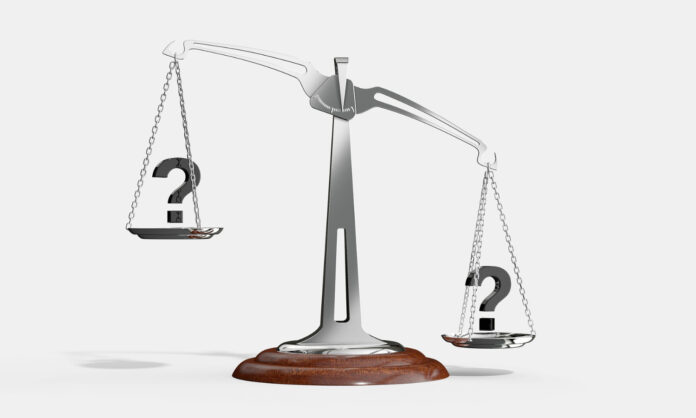
In a post on Writer Unboxed, Donald Maass continues his examination of story as expressions of dichotomies. In previous posts, he examined stories that show us what to do and stories that show us who we are; stories of fate and stories of destiny; and stories of hope and stories of fear. “When we understand a story’s primary purpose and intended effect, then it is easier to shape that story to give it the desired impact,” he says.
In many cases, the writer never choose what kind of story he’s writing, and so its purpose is unclear, and the effect on the reader may be weak. A writer may assume that the reader knows what is good or bad, or what should be feared or hoped for, but does not show it on the page. “This hazy blending of good and bad, right and wrong, weak and strong, may feel realistic to the writer, but for the reader the result is fiction of low impact,” Maass writes. Understanding the story’s purpose can help the writer identify what effect she wants to have on her readers.
Maass suggests a number of primary purposes that a writer may have in mind as they write, such as to condemn what is wrong or inspire the reader to do right or find a higher meaning in life. You might be tempted to choose several or all of these purposes, but Maass says that’s a mistake. “Choosing one primary purpose is important in counter-acting vagueness of intent and low effect, which I see in so many manuscripts,” he writes.
Once you’ve identified the purpose, your goal is to achieve the desired effect, such as to cause fear or engender hope. Again, the writer may assume that the reader will intuit the intended effect, but should not. For example, you might assume that a murder mystery’s purpose is to restore order and to create a sense of hope that good can triumph over evil, but Maass warns against this. “There is a deceptive security when fiction falls back on story patterns that are too familiar,” he says. “The word genre today is a marketing advantage and a badge of pride, and while new twists on old formulae can be refreshing, there is also a danger of staying comfortable and safe.”
Writers need to find their purpose and the purpose of their story. That means digging deep into your own psyche to find what scares you or what you hope for. Maass recommends writing down pivotal events from your past. What hurt you the most? What single event made you defiant or risk averse? What real world event or situation makes you furious? When have you felt helpless? What makes you feel furious and helpless? When do you feel both outrage and terror? Maass says that recreating those feelings on the page are the best way to evoke these emotions in the reader.
What about hope? “What single moment on what single day would be, for you, the beginning of happiness without end?” Maass asks. “What, for you, would be the end of worry?” Your answer might be a sense of belonging, the return of a loved one, or the end of pain. What will that day look like? Who will be there? Is there something you hope for, even though it feels impossible? “At the moment of lowest hope in your story, let your character yearn not in general, but for one specific thing,” Maass says. “That will give us hope because that is at the heart of your deepest hope too.”
Maass also suggests questions that can help you get to the root of your story’s purpose and its desired effect. Ask yourself about the world’s greatest wrong, or the virtue that is needed most right now. What is corrupt or chaotic in the world that must be ended? Who should be comforted and who should be confronted? Maass also suggests focusing on your individual experience by asking questions like:
- What is the greatest wrong you personally have ever suffered or witnessed?
- Who is someone known to you personally who greatly inspires you?
- Whose plight or misfortune (someone known to you) most upsets you?
- Who is someone (known to you) who in no way deserves what they have?
Turn those answers into story. In your story, answer questions like:
- What’s the worst thing that can be done to someone?
- What’s the most selfless thing anyone could do?
- Who can suffer undeservedly?
- Whom do you want to humiliate and destroy?
“What produces a strong effect for readers is not your story’s plot circumstances,” Maass writes. “It’s you. Your outrage, inspirations, problems and comforts. Your heartbreaks, hopes, humiliations and laughter. Your insights, lessons, and self-knowledge.”











